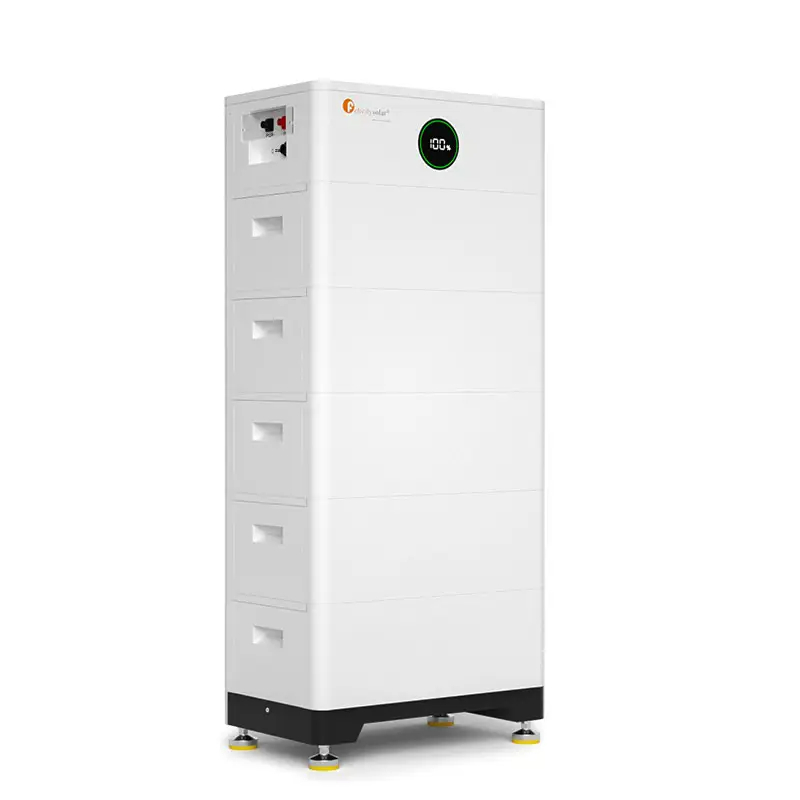-
 FAST SHIPPING
FAST SHIPPING
-
 COMPETITIVE PRICE
COMPETITIVE PRICE
-
 EXCELLENT AFTER-SERVICE
EXCELLENT AFTER-SERVICE
Solar Panel to Accumulator Ratio: Size PV and Batteries Right
Jan 23,2026How Many Solar Panels to Run an Air Conditioner? Sizing Guide
Jan 16,2026Illinois Solar Power Incentives: RECs, Rebates & Net Metering (2026)
Jan 09,2026Ohio Solar Energy Incentives (2026): Net Metering, Tax Rules
Jan 02,2026Disadvantages of Passive Solar Energy: Practical Limits & Fixes
Dec 26,2025As the adoption of renewable energy accelerates across Europe, the solar storage battery has moved from being a niche product to a central component of modern energy systems. With this growth, however, comes a complex regulatory environment. Whether you're a residential user, a commercial installer, or a distributor, understanding the key European Union (EU) regulations governing energy storage systems is critical for ensuring compliance, safety, and long-term reliability. At Uni Z, we regularly guide our partners through this landscape, and we’ve learned that keeping up with the latest rules isn’t just about paperwork—it’s about protecting investments and maintaining trust.
One of the foundational requirements for any solar storage battery placed on the EU market is CE certification. This marking indicates that the product meets essential health, safety, and environmental protection standards. For batteries, it typically involves compliance with the Low Voltage Directive, EMC Directive, and safety standards such as IEC 62619. Installers and importers should verify not only the presence of the CE mark but also ensure the technical documentation is complete and accessible in case of audits. Failure to do so could result in fines or the removal of non-compliant products from the market.
Another layer of regulation to consider is the EU Battery Regulation, which replaces the previous Battery Directive and introduces stricter environmental and traceability requirements. For solar storage battery manufacturers and importers, this means adhering to new rules on carbon footprint declarations, recyclability targets, and mandatory digital battery passports. These changes aim to promote a circular economy and reduce the environmental impact of energy storage solutions. It's especially relevant for lithium-based chemistries like LiFePO4, which are widely used in both residential and industrial battery systems.

Grid connection and energy exportation rules also vary by country within the EU, but many nations are aligned on requiring certified inverters and smart meters when integrating solar-plus-storage systems into the grid. A mismatch between the inverter and battery system can cause rejection during inspection or even fines in regions with strict grid codes. At Uni Z, we emphasize compatibility across our product offerings, particularly in cooperation with well-known brands such as Deye and Dyness, to streamline the approval process and reduce friction during installation.
Transport and logistics shouldn’t be overlooked either. Lithium-ion batteries, which power most solar storage battery systems, are classified as dangerous goods under UN regulations. Complying with ADR standards for road transport and proper labeling is a legal requirement, especially for bulk shipments. We mitigate this risk through partnerships with logistics providers familiar with energy storage equipment, ensuring our deliveries across the EU—from the Netherlands to Germany—arrive without regulatory setbacks.
Even end-users are affected by compliance. In several EU countries, homeowners can only apply for subsidies or tax incentives if their battery system meets national certification standards or is installed by licensed professionals. This means choosing a solar storage battery is not just about performance or price—it’s also about ensuring eligibility for valuable financial incentives. Buying from a compliant supplier like Uni Z simplifies this process, offering peace of mind from purchase through installation.
Navigating these layers of regulation may seem daunting, but staying informed is essential to maintaining safety, securing incentives, and avoiding costly delays. The EU’s evolving regulatory environment reflects its commitment to sustainability and consumer protection, and by aligning your solar storage battery decisions with these standards, you're investing not only in clean energy—but also in long-term stability.
←
Key Challenges and Solutions for Using Photovoltaic Kits in Remote and Off-Grid Installations
→
Fire Safety Alert for Home PV Energy Storage Systems: Ensuring Firefighter Protection with Automatic Shutdown
 +31610999937
+31610999937 [email protected]
[email protected] De Werf 11, 2544 EH The Hague, The Nederland.
De Werf 11, 2544 EH The Hague, The Nederland. WhatsApp: +1 (917) 257 2995/
WhatsApp: +1 (917) 257 2995/Copyright © 2023 Uni Z International B.V. VAT: NL864303440B01 All Rights Reserved
